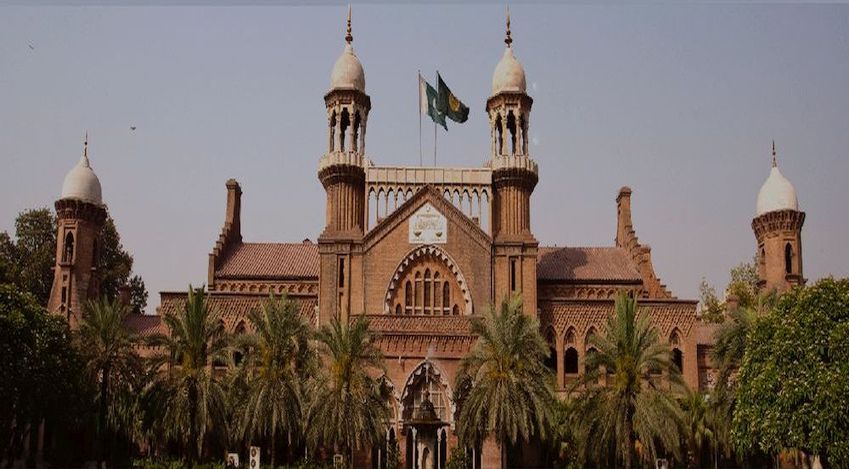Bail is favored in Non-Prohibitory Offenses --- Lahore High Court, Lahore
Islamabad 05-11-2024: In a significant development, the Lahore High Court’s Rawalpindi Bench granted post-arrest bail to Brigadier (Retired) Qaisar Shahzad in a high-profile case involving alleged embezzlement and fraud. The case relates to an FIR lodged on August 9, 2024, accusing Shahzad of unauthorized transactions and forgery during his tenure as CEO of the Joint Venture Management Committee (JVMC) of DHA.
Mr. Justice Ch. Abdul Aziz, presiding over the case, observed that the allegations against Shahzad involved charges under Sections 420, 468, 471, and 408 of the Pakistan Penal Code (PPC). Initially, Section 381 was also included but later removed during the investigation. According to the FIR, Shahzad allegedly issued cheques worth approximately Rs. 1.47 billion without necessary authorization and used forged documents to file a Civil Suit.
The Court meticulously analyzed the evidence, noting that the accused’s actions did not involve direct misappropriation from DHA’s funds, as the cheques in question were drawn from Bahria Town Pvt. Ltd.’s account. This, the Court held, weakened the prosecution’s grounds for applying Section 408 PPC, which requires clear proof of entrustment and misappropriation.
Mr. Justice Ch. Abdul Aziz pointed out that Sections 420 and 471 PPC are bailable, while Sections 408 and 468 PPC, though non-bailable, carry sentences of up to seven years, placing them outside the prohibitory clause under Section 497 of the Criminal Procedure Code (Cr.P.C). Citing Tariq Bashir and others Vs. The State (PLD 1995 SC 34), the Court reaffirmed that bail is the rule and detention the exception for non-prohibitory clause offenses, barring any exceptional circumstances such as risk of absconding or tampering with evidence.
The judgment highlighted that the case primarily hinges on documentary evidence already in the prosecution’s possession, further justifying bail. The Court cited Saeed Ahmad Vs. The State (1996 SCMR 1132), where the Supreme Court allowed bail due to the documentary nature of evidence, minimizing the risk of tampering.
After thorough review, the Court granted bail to Shahzad on the condition of posting bonds worth Rs. 50,00,000 with two sureties of like amount. It also allowed the complainant to seek cancellation of bail if Shahzad interferes with the trial process.
Powered by Froala Editor








